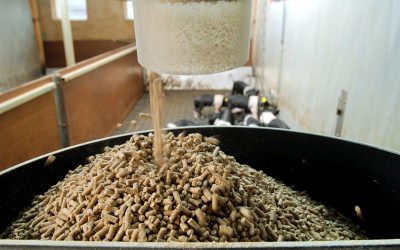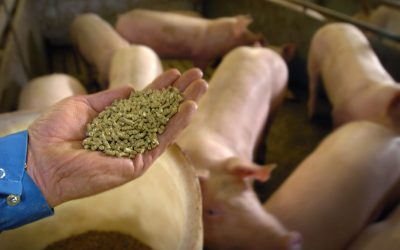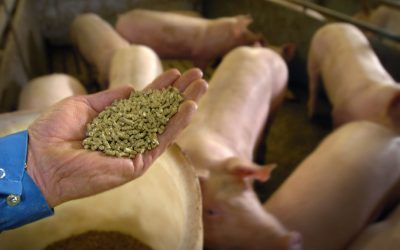Imported UK food and feed sampling activity published
The British Food Standard Agency has published the results of sampling and surveillance, during 2009/10 of food and feed imported into the UK. The Agency provides support for local authorities and port health authorities to carry out this sampling.
The annual reports help to ensure that checks at ports, and monitoring of imports throughout the food chain, are targeted towards products that pose the greatest risk.
The latest report shows that local authorities took samples of a wide range of imported food, including spices, rice, meat and beverages. In total, 5,846 food samples were analysed and 261 (4% of samples) were found to be unsatisfactory due to microbiological or chemical contamination, and 947 (18%) were not labelled correctly.
The checks on these foods fall within a number of priority areas, such as contaminants, irradiated products, and food authenticity. For animal feed, local authorities monitor samples for areas of concern such as dioxins, heavy metals and unauthorised GM organisms.
The programme provides an insight into the overall compliance of imported food and feed with official controls in the UK and has enhanced the Agency’s understanding of the level of chemicals present in foods and feed. This has supported the Agency in developing policies and informing negotiating positions in Brussels.
One of the FSA’s key priorities is to ensure imported food is safe to eat and since 2003 the Agency has been working with UK enforcement authorities to improve controls over imported food and feed entering the country.











